Police procedurals are a staple in many households, but few are more honest about the dark side of police work than HBO’s The Wire.
Police procedurals are among the most popular shows on television. Built upon formula and accessibility, cop-centric crime dramas fulfill a very particular niche for network audiences. Programs like Blue Bloods and Chicago P.D. aim to resolve gripping mysteries in 45 minutes, save for the occasional two-part episode. With plotlines ripped frequently from the headlines, these shows have become essential comfort viewing for many viewers at home. Law & Order alone is one of the most profitable franchises in TV history. A stronghold on pop culture, procedurals are responsible for shaping much of how people view the police. However, these shows are often as problematic as they are successful, frequently filled with inaccuracies and concerning creative liberties.
The Wire is a stark contrast to most network procedurals. With former crime reporter David Simon as its showrunner, this HBO series is a much more honest look at detective work. The show aims to educate viewers on how the police function as a larger part of America’s sociopolitical ecosystem. A cynical look at the war on drugs, The Wire is a challenging watch that refuses to hold the viewer’s hand. Easy answers and happy endings are eschewed for harsh truths, exposing how cops fail their communities. Brutally honest about the nature of law enforcement, The Wire is now considered one of the best crime dramas in television history.
The Wire Is All About the Details
Most police procedurals are episodic by nature and follow a case-of-the-week format. In popular shows like Law & Order: SVU, Oliva Bensen and her team tackle a new mystery every episode, often cracking the case before the credits roll. Their peers on shows like S.W.A.T. and NCIS typically follow a similar pattern. Viewers are rarely given a season-wide investigation on network TV and are instead treated to a new case every episode. It is an admittedly effective formula. Taking full advantage of the television medium, fans of SVU are frequently satisfied with every episode. However, the Law & Order approach to police work provides a thorny false impression of the occupation.
CSI, FBI, and other shows that follow the procedural format rarely cover the minutiae of good police work. With less than an hour to conclude each episode, writers frequently simplify the nature of legal proceedings with questionable results. Police brutality is an uncomfortable normality on network television, with suspects frequently harassed into giving confessions. Elliot Stabler, a fan favorite on SVU, is notorious among viewers for his unhinged interrogation tactics. While this may create juicy drama for audiences to enjoy, it unfortunately normalizes unethical acts of police conduct. The Wire refuses to sensationalize investigation proceedings, instead exploring what it means to be a good cop in great detail.
Informed by 13 years of police journalism, David Simon knows that good police work is far less thrilling than what viewers see on TV. Cops on The Wire crave the kind of success rate Danny Reagan sees on Blue Bloods. They’re hungry for quick arrests to make their department look better. However, the show goes out of its way to demonstrate that this approach to law enforcement is ineffective. The Baltimore Police Department would rather arrest low-level dealers than bring down kingpins like Avon Barksdale. They simply refuse to devote the time and resources. The Wire illustrates that this doesn’t make Baltimore safer, instead perpetuating a meaningless cycle of societal decay.
Law & Order and its peers portray their cops as if they were Navy SEALs. They’re risking their lives to keep America safe, which requires aggressive detectives like Tutuola. However, David Simon knows that this couldn’t be further from the truth. One of the most iconic quotes on The Wire is Lester Freamon’s declaration that “all the pieces matter.” That statement might as well be the show’s thesis. The series lead Jimmy McNulty isn’t roughing up corner kids but patiently listening in on wiretaps. He doesn’t care about arrest quotas and has to fight his department to play the long game. Unfortunately, The Wire reveals that good police work contradicts the institution’s nature, much to the people’s detriment.
The Wire Explores Policing From Every Possible Angle
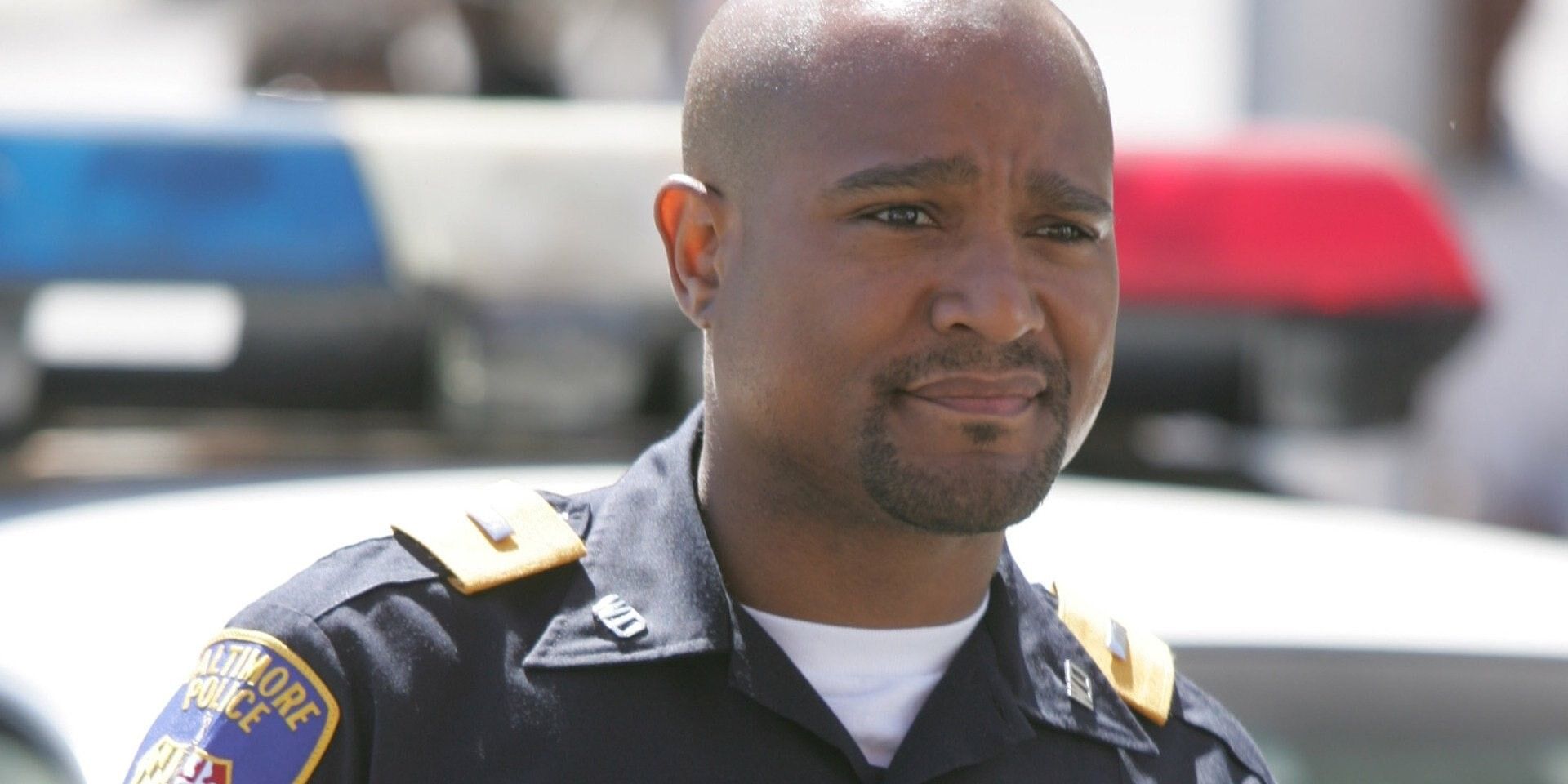
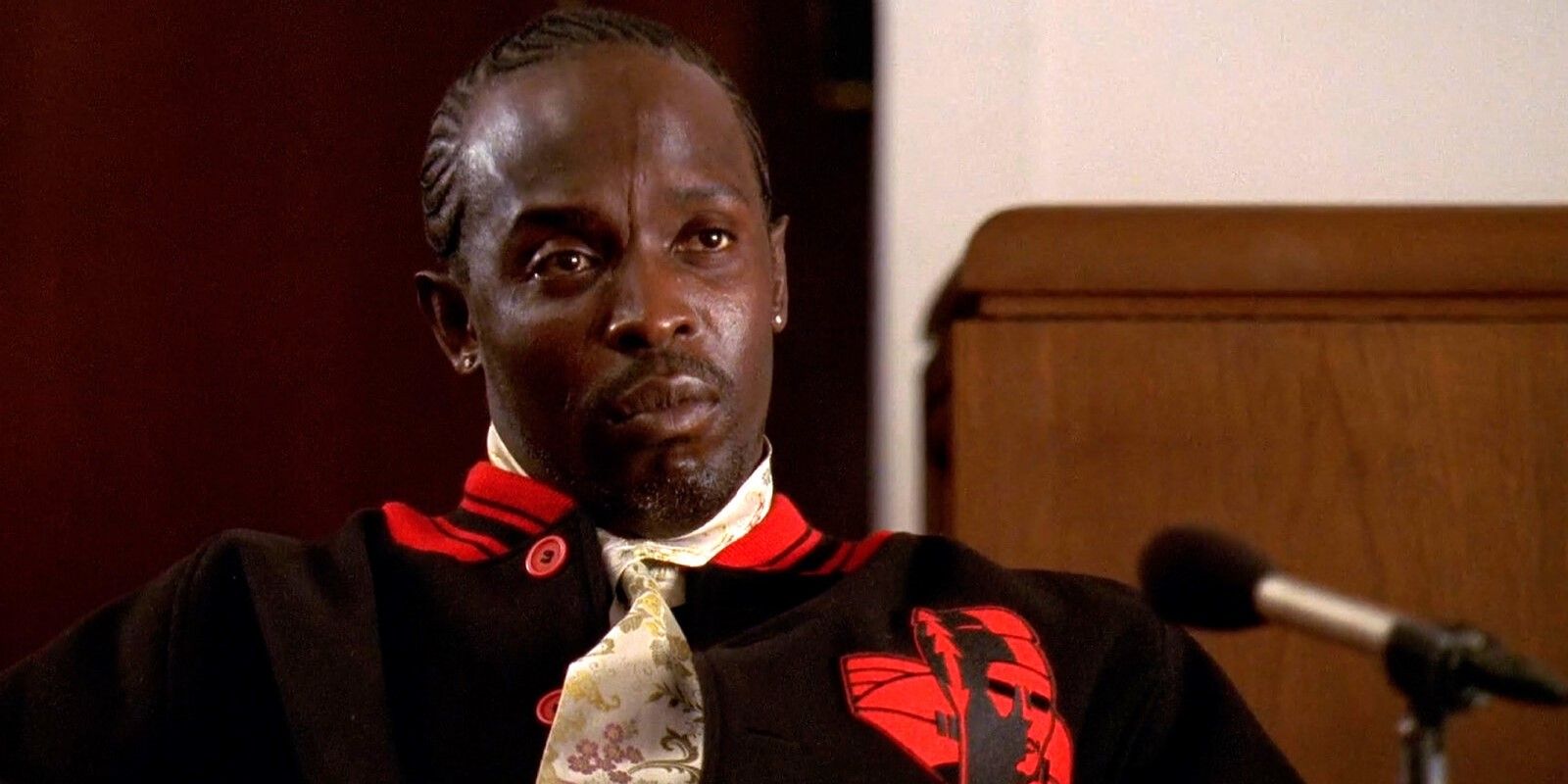
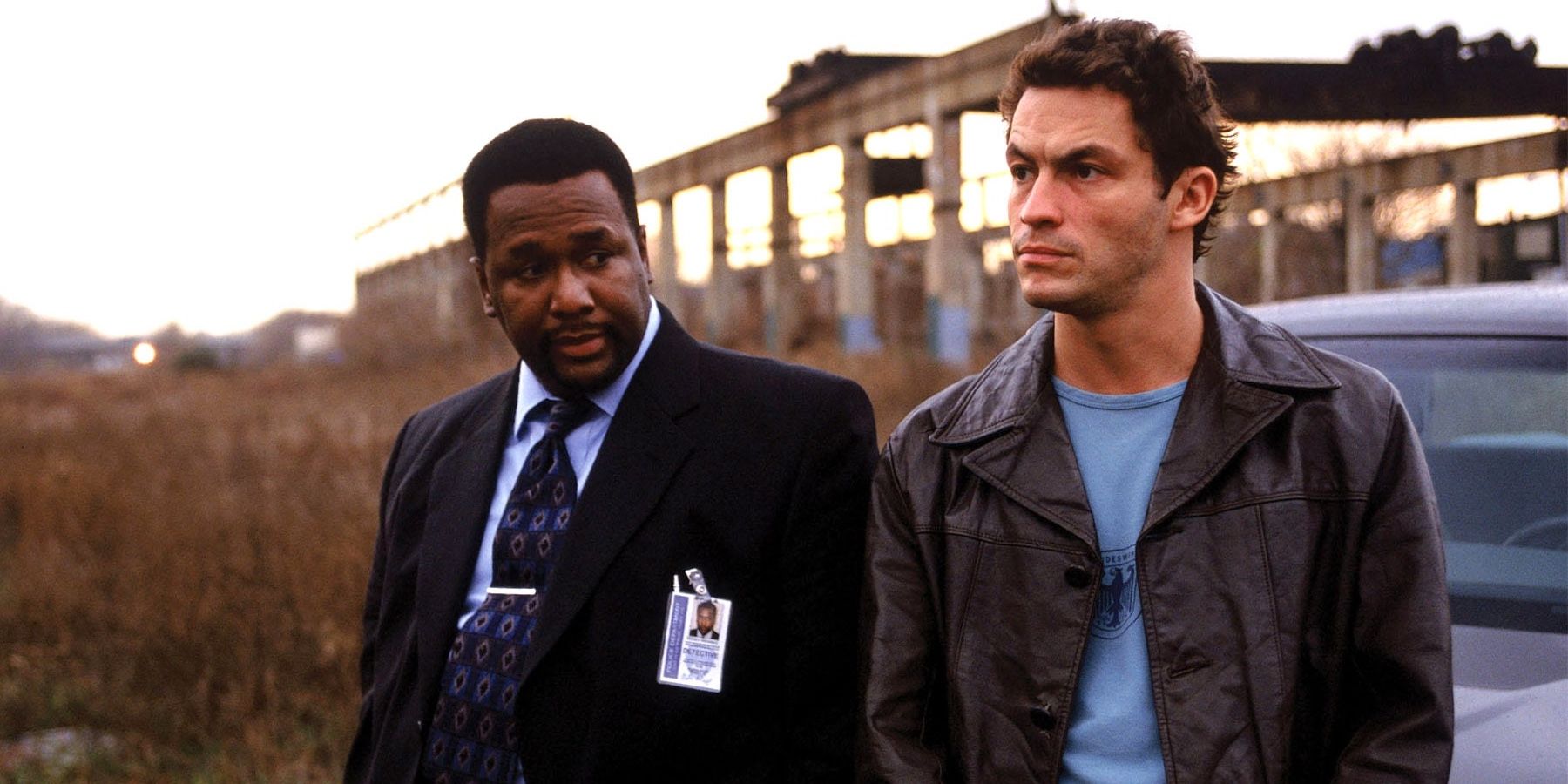
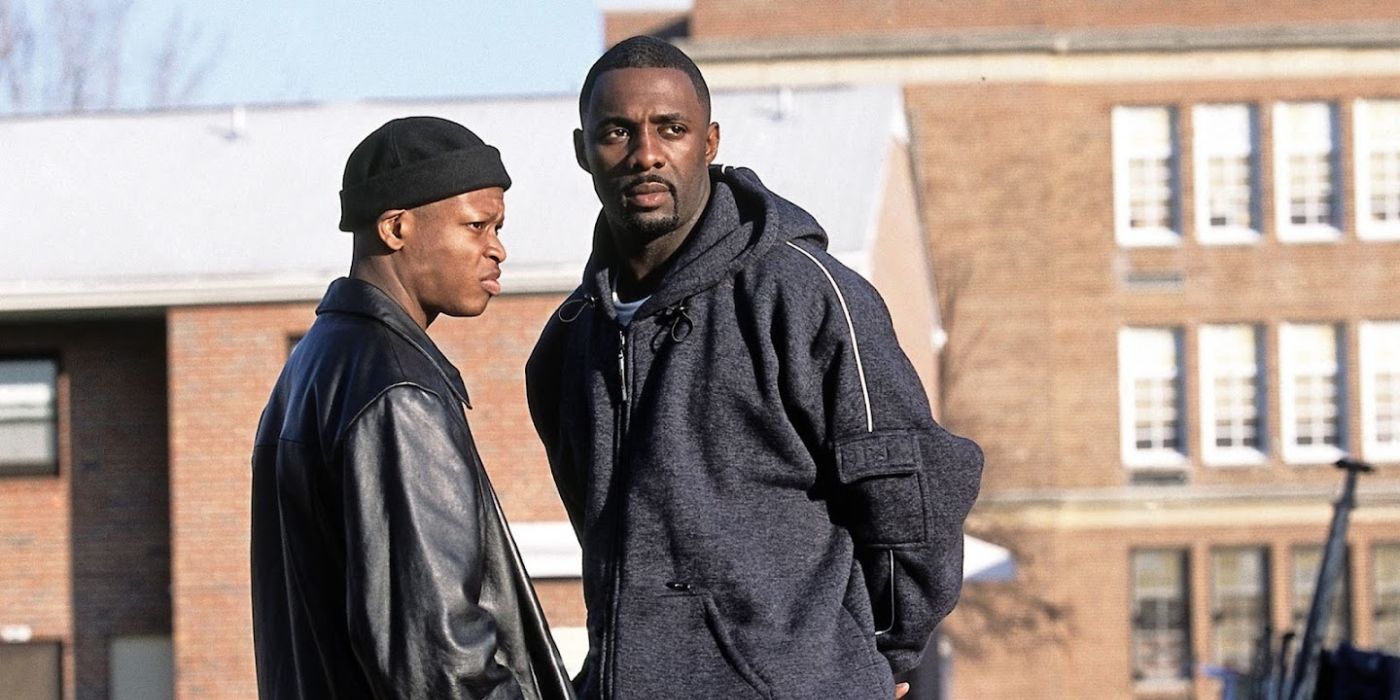
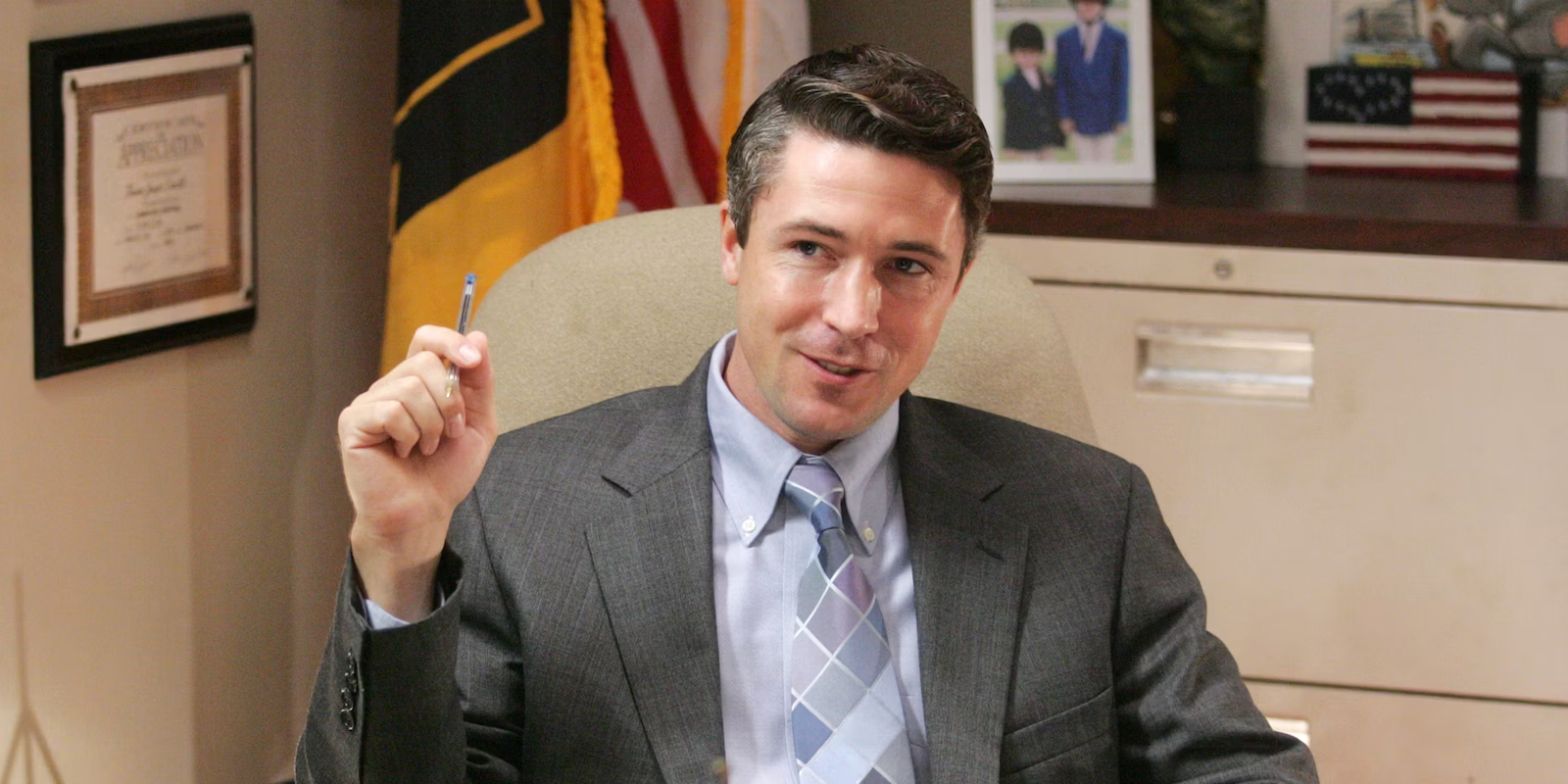
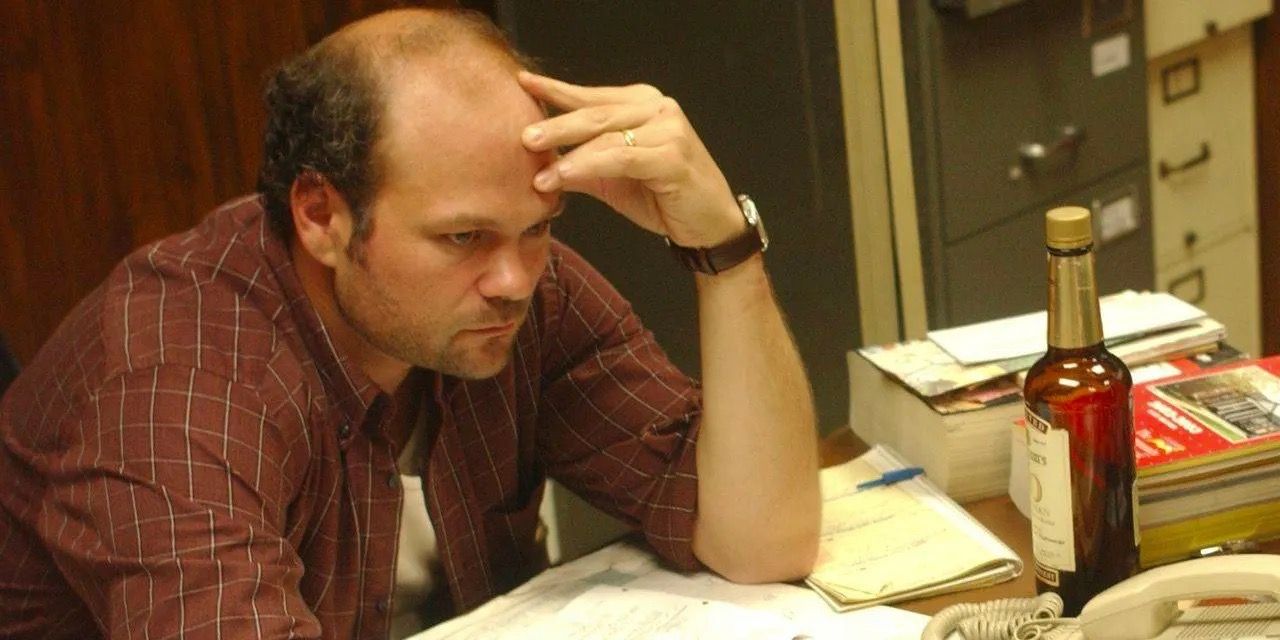
It’s easy to understand why so many people flock to procedurals. Shows like Law & Order help viewers feel safe, painting police officers as guardian angels in a brutal world. There is a comfort in believing that America’s cops are willing to resort to any means necessary to keep people safe. However, this portrayal of policing is deeply concerning because it disguises the inherent flaws within these institutions. Detectives like Danny Reagan and Elliot Stabler have their fans, but they’re the epitome of everything wrong with police work. Cops on TV promote brutality as a form of righteousness, and the community suffers for it. Unlike The Wire, these shows only focus on one perspective and neglect those most affected by the police.
Given the limitations of the procedural format, shows like Law & Order only showcase crime from the cops’ perspective. While detectives get multiple seasons of character development, criminals on Blue Bloods or Criminal Minds are rarely provided depth. Procedural villains often lack any real sense of nuance, even when they’re played by acclaimed guest actors like Robin Williams. This comes with the territory of episodic television. It’s difficult to write compelling antagonists when they just exist as obstacles for the police to overcome. However, network television’s failure to humanize criminals obscures the true repercussions of police work. By vilifying those who break the law, procedurals such as SVU simplify how these institutions play into systemic dysfunction.
The Wire has no interest in making the war on drugs a simple case study of good vs. evil. Drug dealers are afforded the same detailed character development as their counterparts in law enforcement. Victims of a broken system, criminals like Bodie are failed by the institutions that make up Baltimore, including the police. Cops patrol the streets as if it’s enemy territory, creating distrust between themselves and the community as a whole. Sloppy police work costs innocent people their lives, and arresting petty criminals for public approval simply makes the problem worse. Rather than fixate on the police, The Wire seeks to give everyone a voice, even those on the other side of the law.
The Wire is the Most Important Cop Show Ever Put on Television
Few shows have the scope and intimacy of The Wire, especially within the procedural genre. David Simon’s show is not just about law enforcement, but a meditation on the nature of community. The series provides an in-depth understanding of the relationship between cops and America’s other core institutions. Showing a case from every angle, The Wire explores how police work affects local government and the working class of Baltimore. In doing so, Simon exposes some ugly truths about the nature of policing. City politics influence law enforcement to encourage shoddy detective work for the sake of statistics, putting promotions over public well-being. The Wire is a much more honest portrait of the police than Law & Order, even if it’s less comforting.
Police are first and foremost a cog in the greater establishment of America’s capitalist structure. It’s impossible to make an honest show about cops without exploring other facets of the community. This is what makes David Simon’s drama such an effective contrast to programming like NCIS. The kind of law enforcement glamorized on network television are brutes in reality and ineffective deterrents against crime. Boasting a much larger worldview than its network peers, The Wire reveals the tragic consequences of modern policing. Good police work isn’t exciting but tedious, but ethical conduct isn’t the establishment’s chief concern. Audiences may find catharsis in shows like SVU, but The Wire is the more realistic, and progressive, portrait of America’s cops.
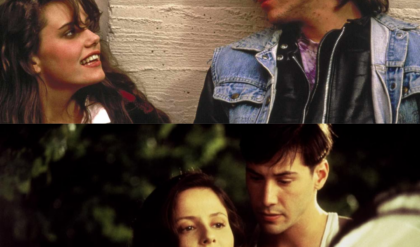
 Ione Skye’s hot Keanu tale: She pounced—he dodged with a shirt! How’d he charm his way out? Click!
Ione Skye’s hot Keanu tale: She pounced—he dodged with a shirt! How’d he charm his way out? Click!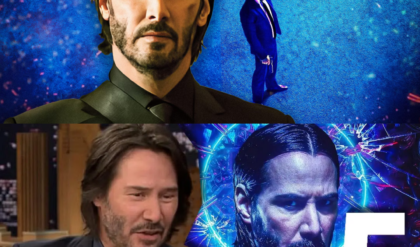
 Bringing John Wick back from the dead? Easy. The real hurdle for John Wick 5: surpassing the insane stakes of 4—or avoiding series fatigue. Can Keanu do it?
Bringing John Wick back from the dead? Easy. The real hurdle for John Wick 5: surpassing the insane stakes of 4—or avoiding series fatigue. Can Keanu do it?
 Keanu spills: ‘My last bliss was with her.’ What’s he hiding about Alexandra Grant? Click to find out!
Keanu spills: ‘My last bliss was with her.’ What’s he hiding about Alexandra Grant? Click to find out!
 Carrie Underwood hitched? Yep—to an NHL stud! Who’s the mystery guy, and their cute kids? Click to peek!
Carrie Underwood hitched? Yep—to an NHL stud! Who’s the mystery guy, and their cute kids? Click to peek!
 American Idol fans split on Carrie Underwood swapping in for Katy Perry! Some cheer, ‘She’s the real deal!’—others cry, ‘Miss Katy’s spark.’ X buzz says S23’s a tearjerker either way.
American Idol fans split on Carrie Underwood swapping in for Katy Perry! Some cheer, ‘She’s the real deal!’—others cry, ‘Miss Katy’s spark.’ X buzz says S23’s a tearjerker either way.